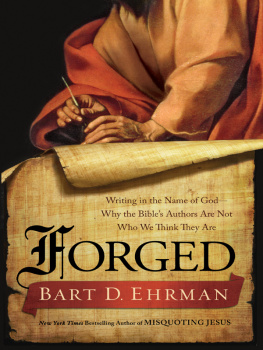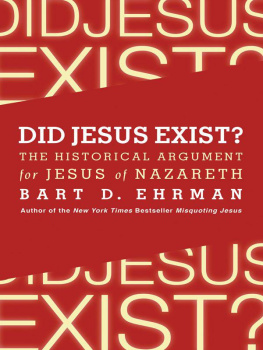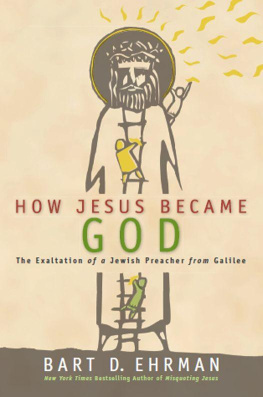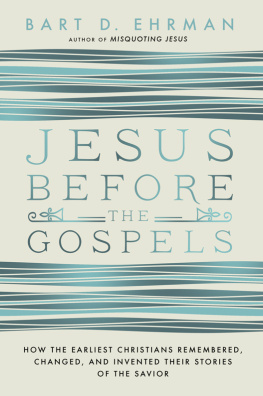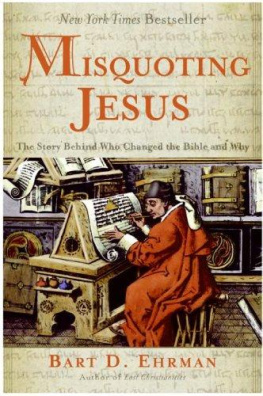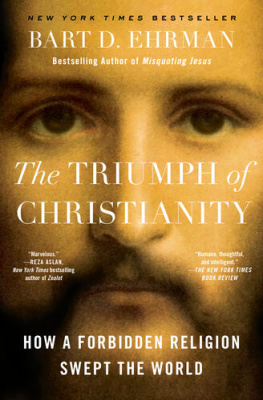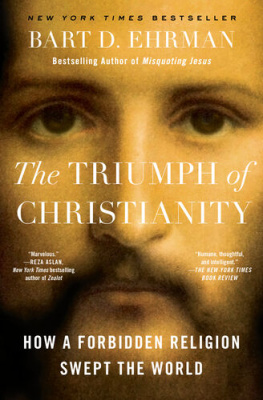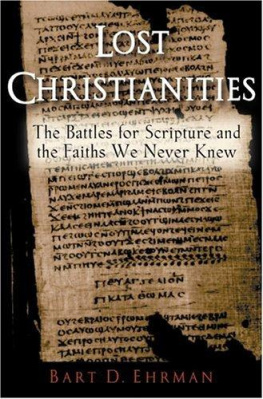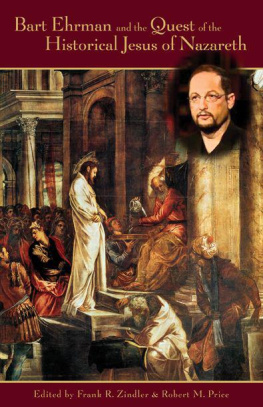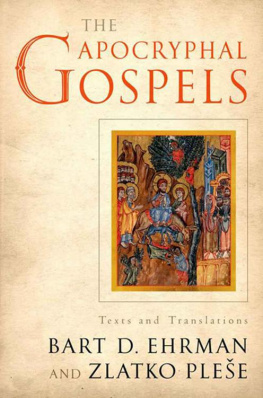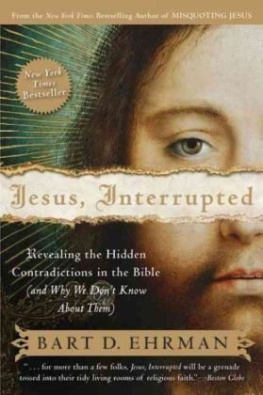F ACING THE T RUTH
O N A BRIGHT SUNNY DAY in June, when I was fourteen years old, my mom told me that she and my dad were going out to play a round of golf. I did a quick calculation in my head. It would take them twenty minutes to get to the country club and about four hours to play eighteen holes. After a bit of downtime, they would drive home. I had five hours.
I called up my friend Ron down the street to tell him my parents would be gone all afternoon, and that I had snuck a couple of cigars out of my dads consistently full stash. Ron liked what I was thinking and said that he had cobbed a few cans of malt liquor and hidden them out in his bushes. The joys of paradise opened before us.
When Ron came over, we headed upstairs to my bedroom, where we threw open the windows, lit up the cigars, popped the cans of brew, and settled in for an afternoon of something less than intellectual discourse. But after about ten minutes, to my horror, we heard a car pull into the driveway, the back door open, and my mom yell up the stairs that they were home. The golf course was crowded, and they had decided not to wait forty minutes to tee off.
Ron and I immediately switched into emergency gear. We flushed the cigars and the beer down the toilet and hid the cans in the trash, then pulled out two cans of deodorant and started spraying the room to try to cover up the smoke (which was virtually billowing out the window). Ron snuck out the back door, and I was left alone, in a cold sweat, certain that my life was soon to be over.
I went downstairs, and my dad asked me the fated question. Bart, were you and Ron smoking upstairs?
I did what any self-respecting fourteen-year-old would do: I lied to his face. No, dad, not me! (The smoke was still heavy in the air as I spoke.)
His face softened, almost to a smile, and then he said something that stayed with me for a long timeforty years, in fact. Bart, I dont mind if you sneak a smoke now and then. But dont lie to me.
Naturally I assured him, I wont, dad!
A Later Commitment to Truth
F IVE YEARS LATER , I was a different human being. Everyone changes in those late teenage years, of course, but Id say my change was more radical than most. Among other things, in the intervening years I had become a born-again Christian, graduated from high school, gone off to a fundamentalist Bible college, Moody Bible Institute, and had two years of serious training in biblical studies and theology under my belt. At Moody we werent allowed to smoke (Your body is the temple of the Holy Spirit, the New Testament teaches, and you dont want to pollute Gods temple!), drink alcoholic beverages (Be ye not drunk with wine, says the Bible; it didnt occur to me that it might be okay to be drunk with bourbon)or, well, do lots of other things that most normal human beings at that age do: go to movies, dance, play cards. I didnt actually agree with the conduct code of the school (there was also a dress code, and a hair code for men: no long hair or beards), but my view was that if I decided to go there, it meant playing by the rules. If I wanted other rules, I could go somewhere else. But more than that, I went from being a fourteen-year-old sports-minded, better than average student with little clue about the world or my place in it and no particular commitment to telling the truth to a nineteen-year-old who was an extremely zealous, rigorous, pious (self-righteous), studious, committed evangelical Christian with firm notions about right and wrong and truth and error.
We were heavily committed to the truth at Moody Bible Institute. I would argue, even today, that there is no one on the planet more committed to truth than a serious and earnest evangelical Christian. And at Moody we were nothing if not serious and earnest. Truth to us was as important as life itself. We believed in the Truth, with a capital T. We vowed to tell the truth, we expected the truth, we sought the truth, we studied the truth, we preached the truth, we had faith in the truth. Thy Word is truth, as Scripture says, and Jesus himself was the way, the truth, and the life. No one could come to the Father except through him, the true Word become flesh. Only unbelievers like Pontius Pilate were confused enough to ask, What is truth? As followers of Christ, we were in a different category altogether. As Jesus himself had said, You shall know the truth, and the truth shall make you free.
Along with our commitment to truth, we believed in objectivity. Objective truth was all there was. There was no such thing as a subjective truth. Something was true or it was false. Personal feelings and opinions had nothing to do with it. Objectivity was real, it was possible, it was attainable, and we had access to it. It was through our objective knowledge of the truth that we knew God and knew what God (and Christ, and the Spirit, and everything else) was.
One of the ironies of modern religion is that the absolute commitment to truth in some forms of evangelical and fundamentalist Christianity and the concomitant view that truth is objective and can be verified by any impartial observer have led many faithful souls to follow the truth wherever it leadsand where it leads is often away from evangelical or fundamentalist Christianity. So if, in theory, you can verify the objective truth of religion, and then it turns out that the religion being examined is verifiably wrong, where does that leave you? If you are an evangelical Christian, it leaves you in the wilderness outside the evangelical camp, but with an unrepentant view of truth. Objective truth, to paraphrase a not so Christian song, has been the ruin of many a poor boy, and God, I know, Im one.
Before moving outside into the wilderness (which, as it turns out, is a lush paradise compared to the barren camp of fundamentalist Christianity), I was intensely interested in objective proofs of the faith: proof that Jesus was physically raised from the dead (empty tomb! eyewitnesses!), proof that God was active in the world (miracles!), proof that the Bible was the inerrant word of God, without mistake in any way. As a result, I was devoted to the field of study known as Christian apologetics.
The term apologetics comes from the Greek word apologia, which does not mean apology in the sense of saying youre sorry for something; it means, instead, to make a reasoned defense of the faith. Christian apologetics is devoted to showing not only that faith in Christ is reasonable, but that the Christian message is demonstrably true, as can be seen by anyone willing to suspend disbelief and look objectively at the evidence.
The reason this commitment to evidence, objectivity, and truth has caused so many well-meaning evangelicals problems over the years is that theyat least some of themreally are confident that if something is true, then it necessarily comes from God, and that the worst thing you can do is to believe something that is false. The search for truth takes you where the evidence leads you, even if, at first, you dont want to go there.
The more I studied the evangelical truth claims about Christianity, especially claims about the Bible, the more I realized that the truth was taking me somewhere I very much did not want to go. After I graduated from Moody and went to Wheaton College to complete my bachelors degree, I took Greek, so that I could read the New Testament in its original language. From there I went to Princeton Theological Seminary to study with one of the great scholars of the Greek New Testament, Bruce Metzger; I did a masters thesis under his direction and then a Ph.D. During my years of graduate work I studied the text of the New Testament assiduously, intensely, minutely. I took semester-long graduate seminars on single books of the New Testament, studied in the original language. I wrote papers on difficult passages. I read everything I could get my hands on. I was passionate about my studies and the truth that I could find.

